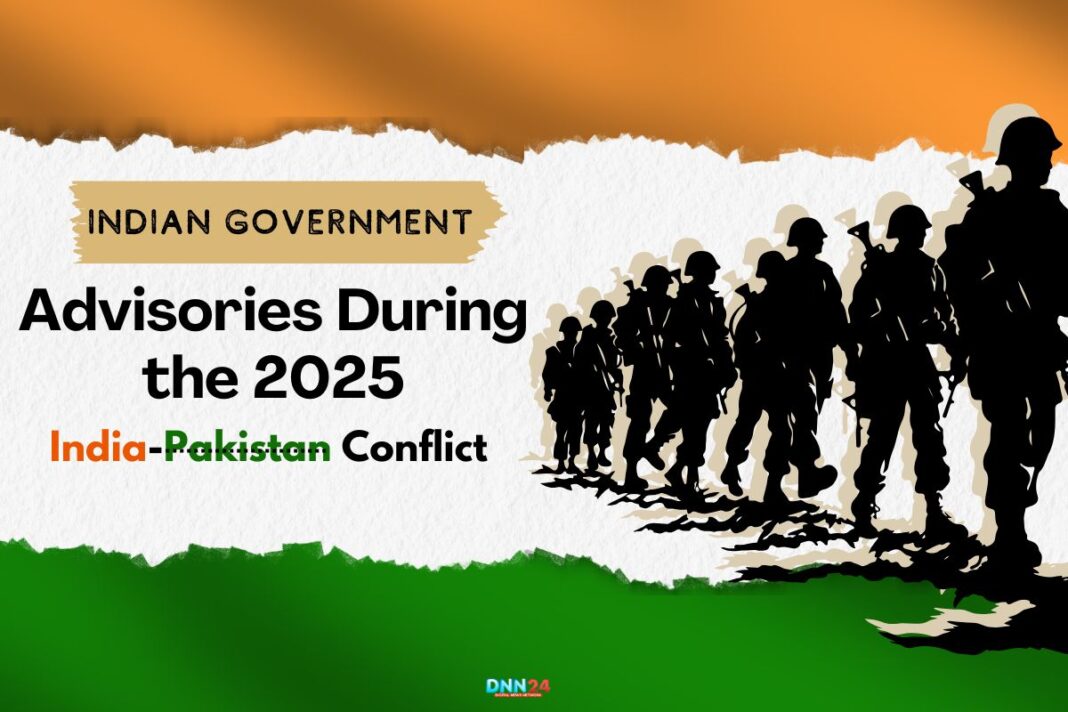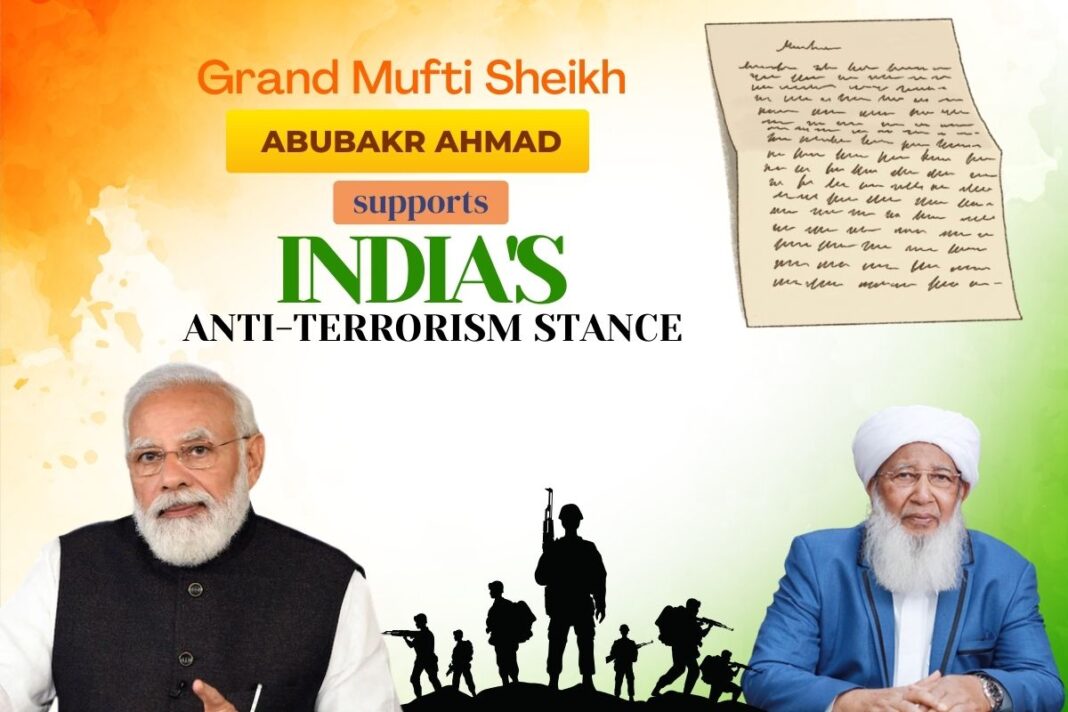The year 2025 saw a serious escalation in tensions between India and Pakistan, following a tragic terrorist attack in Pahalgam, Jammu and Kashmir. The Indian government, through its official agencies like the Press Information Bureau (PIB), the Ministry of External Affairs (MEA), and the Ministry of Defence (Mod), issued several critical advisories for Indian citizens. This article explains these advisories in simple , as well as common myths and the real facts.
Background of the Conflict
On 22 April 2025, a terrorist attack in Pahalgam killed 25 Indians and one Nepali citizen, injuring many more. The attack was linked to cross-border terrorist groups. The Indian government condemned the attack and decided to take strong steps for the safety and security of its people.
Key Government Advisories for Indians
After the attack and during the conflict, the Indian government issued several advisories to protect Indian citizens, both inside the country and abroad.
1. Travel Advisories
- The Ministry of External Affairs strongly advised all Indian citizens to avoid travelling to Pakistan. Those already in Pakistan were asked to return to India immediately.
- The government suspended the SAARC Visa Exemption Scheme (SVES) for Pakistani nationals. Under this scheme, any Pakistani national in India was given 48 hours to leave the country.
- The Integrated Check Post at Attari was closed immediately. Indians who had crossed to Pakistan with valid documents were allowed to return before 1 May 2025.
2. Diplomatic Measures
- India reduced the strength of its High Commission in Pakistan and asked Pakistan to do the same in India. The staff was reduced from 55 to 30 by 1 May 2025.
- Defence, Naval, and Air Advisors in the Pakistani High Commission in New Delhi were declared persona non grata and given one week to leave. India also withdrew its advisors from Islamabad.
3. Trade and Water Treaty Actions
- The government prohibited importing or exporting all goods originating in or exported to India.
- The Indus Waters Treaty of 1960 was held in abeyance. This means India stopped following the treaty until Pakistan stopped supporting cross-border terrorism.
4. Security and Vigilance
- The Ministry of Defence and Home Affairs directed all security forces to maintain high vigilance, especially along the borders and in sensitive areas.
- Citizens were asked to stay alert, avoid spreading rumours, and follow only official government updates from PIB, MEA, and MOD.
Myths and Reality: What is True and What is Not
Many rumours and false news spread quickly during such conflicts, especially on social media. The Indian government, through PIB Fact Check and official statements, tried to clear these myths.
Myth 1: India and Pakistan are on the verge of full-scale war
Reality:
While there were armed skirmishes and missile strikes (Operation Sindoor), both governments took steps to control the situation and avoid a full-scale war. The advisories were mainly for safety and diplomatic reasons, not because of an immediate war threat.
Myth 2: All Indians in Pakistan are stranded and cannot return
Reality:
The government made special arrangements for Indians in Pakistan to return safely. The Attari border was kept open for a limited time so that they could return before 1 May 2025.
Myth 3: All flights and trade with all countries are stopped
Reality:
Only trade with Pakistan was stopped. Flights and trade with other countries continued as usual. The advisories were specific to Pakistan and not for different nations.
Myth 4: Water supply to Indian states will be affected due to the Indus Waters Treaty suspension
Reality:
The suspension of the Indus Waters Treaty affects water sharing with Pakistan, not within Indian states. There was no advisory about water shortage for Indian citizens.
Myth 5: Social media posts claiming attacks in other Indian cities
Reality:
Many fake videos and posts were circulated online. The government, through PIB Fact Check, advised people to trust only official sources and not forward unverified messages.
Government’s Message to Citizens
The Indian government’s message was to remain calm, stay united, and not fall for rumours. The Prime Minister and other ministers regularly updated the public through PIB and official press releases. They assured that all steps were being taken to protect the nation and its people.
Important Points for All Indians
- Follow official advisories from PIB, MEA, and MOD.
- Do not share or believe in unverified news, especially on social media.
- Cooperate with authorities and follow instructions during emergencies.
- Support each other and avoid spreading panic.
Conclusion
The 2025 India-Pakistan conflict was a challenging time for the country. The Indian government acted quickly with explicit advisories to ensure the safety of its citizens. By following these advisories and not believing in myths, Indians showed unity and strength. The government focused on national security, diplomatic action, and public safety. Always remember to rely on official sources for information during such situations.
Stay alert, stay informed, and trust only official information from the government.
Also Read: India Responded with Measured, Non-Escalatory and Restrained Action: NSA Ajit Doval
You can connect with DNN24 on Facebook, Twitter, and Instagram and subscribe to our YouTube channel.



